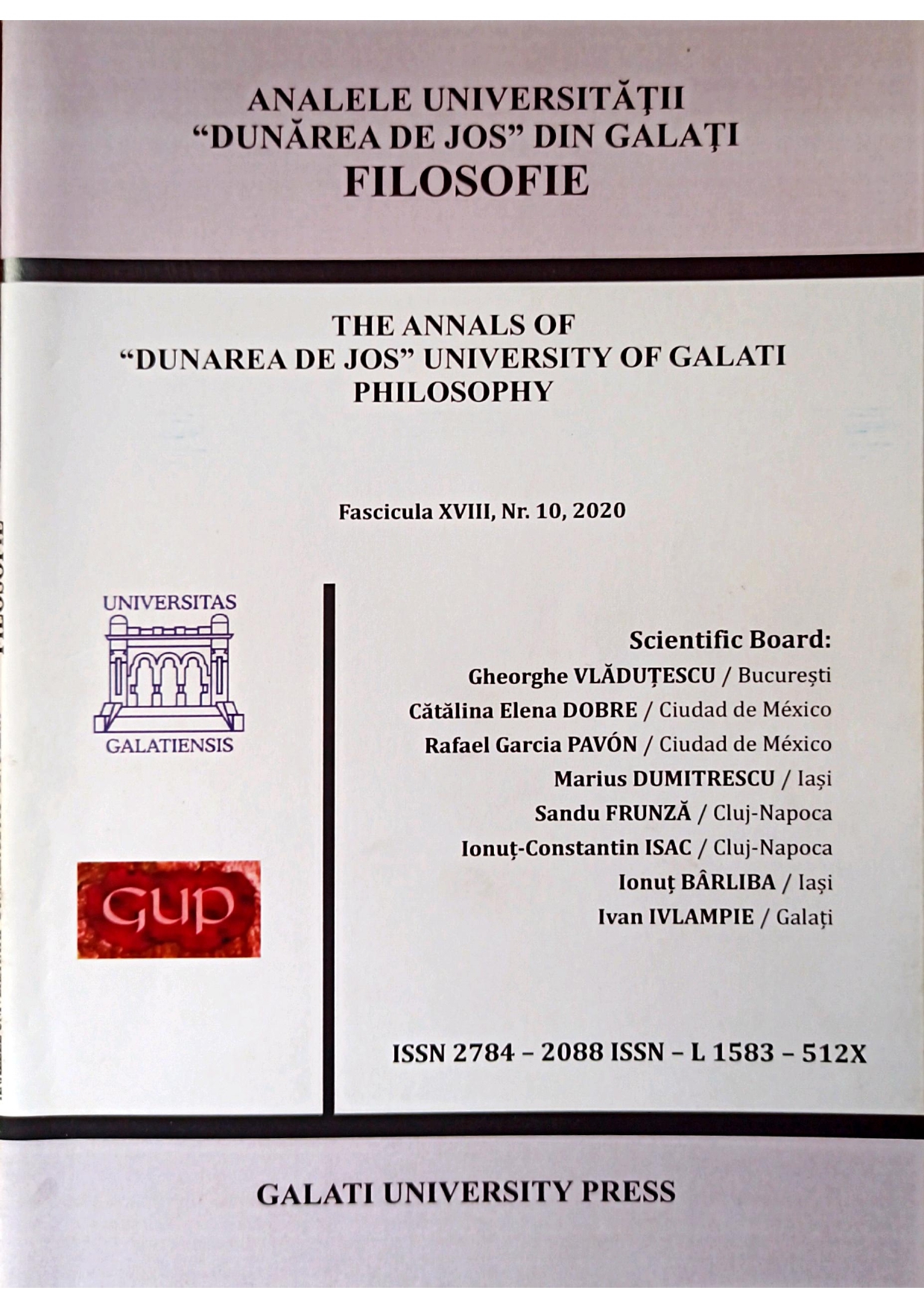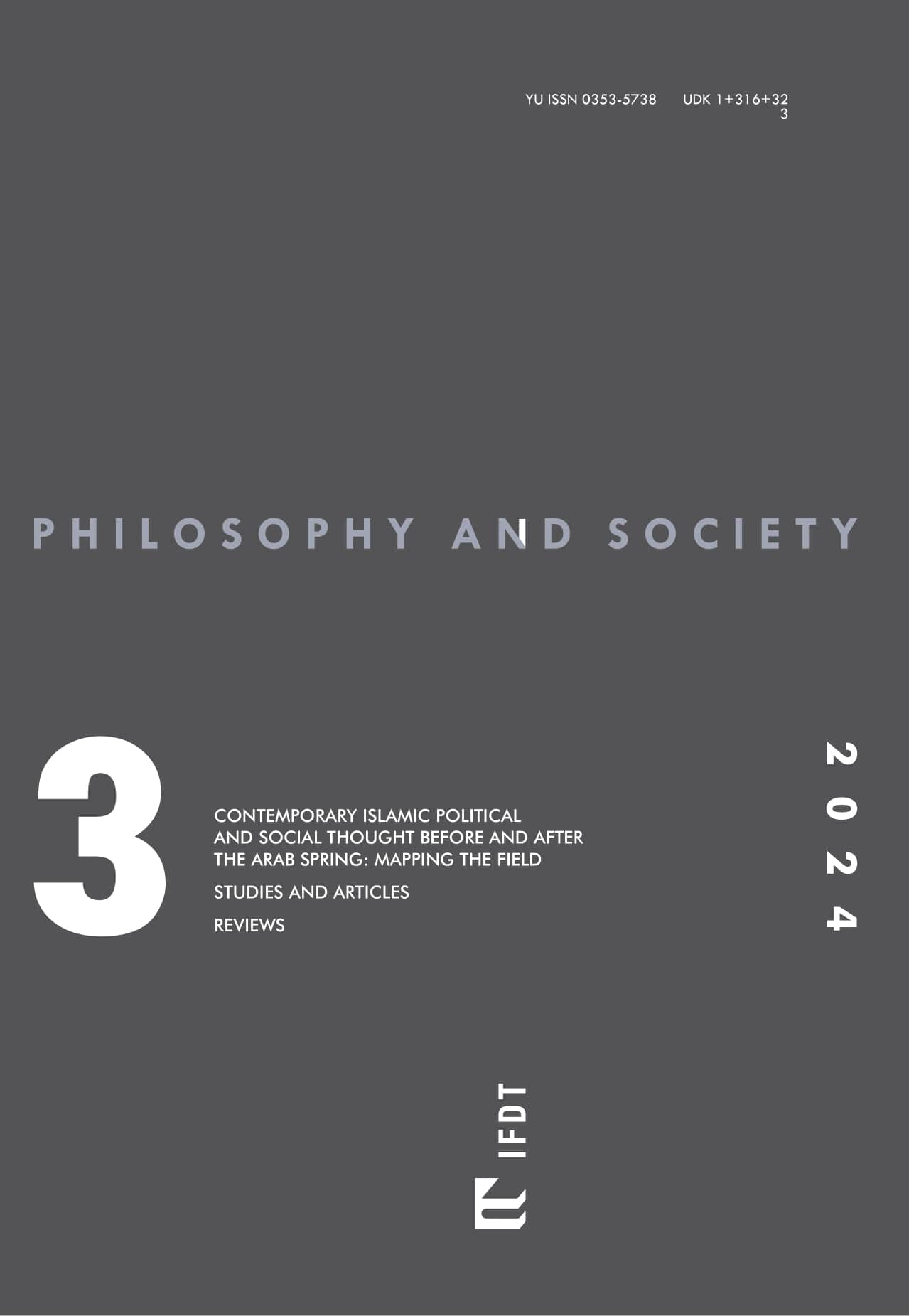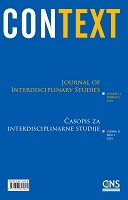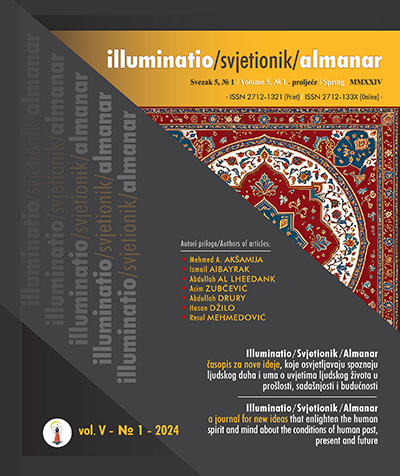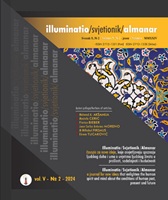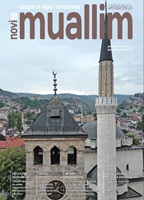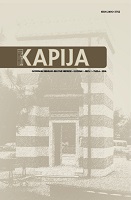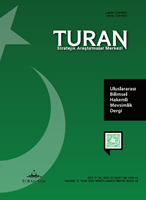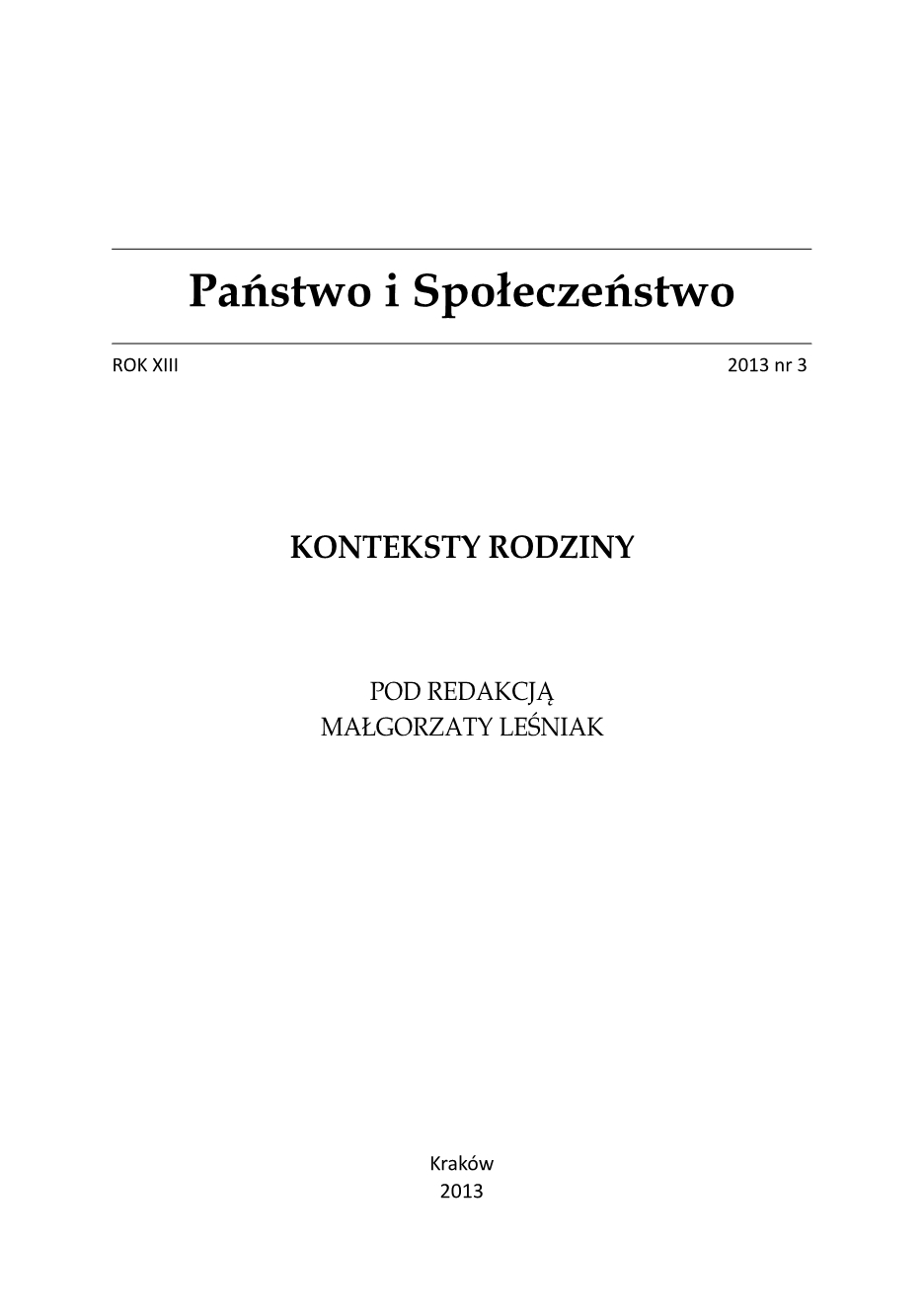
Transformacja współczesnej rodziny egipskiej a model rodziny w Opowieści starego Kairu Nadżiba Mahfuza – analiza genderowa
This article portrays the Egyptian family known from Palace Walk and influenced by modernization, which affected the traditional understanding of the gender roles. To use gender roles as a basis for any discourse on the relationship between modern and traditional family environments, in an Arabic culture, seems to be an interesting proposal. The transformation of the contemporary Egyptian family, determination of the types of characters, and relations between the sexes characteristic of the Arab cultural sphere is presented based on the author’s analysis. The article reveals the condition of an Egyptian family and the shift in its functioning, related to the conflict between the traditional and modern, in Muslim discourse and social life. The dissonance in the female and male presence in private and public spaces, as well as their ability to achieve professional fulfillment is its significant point.
More...
